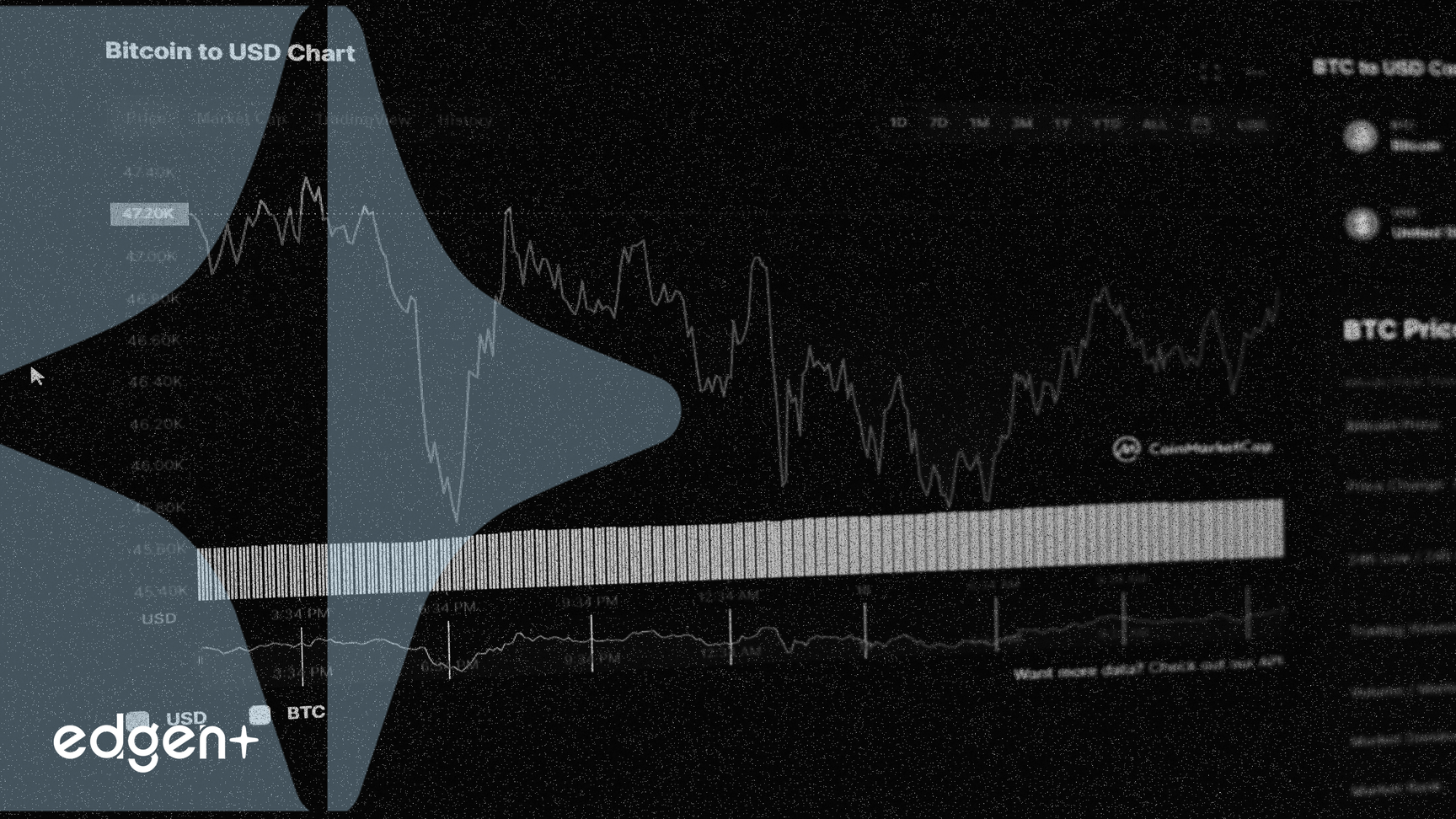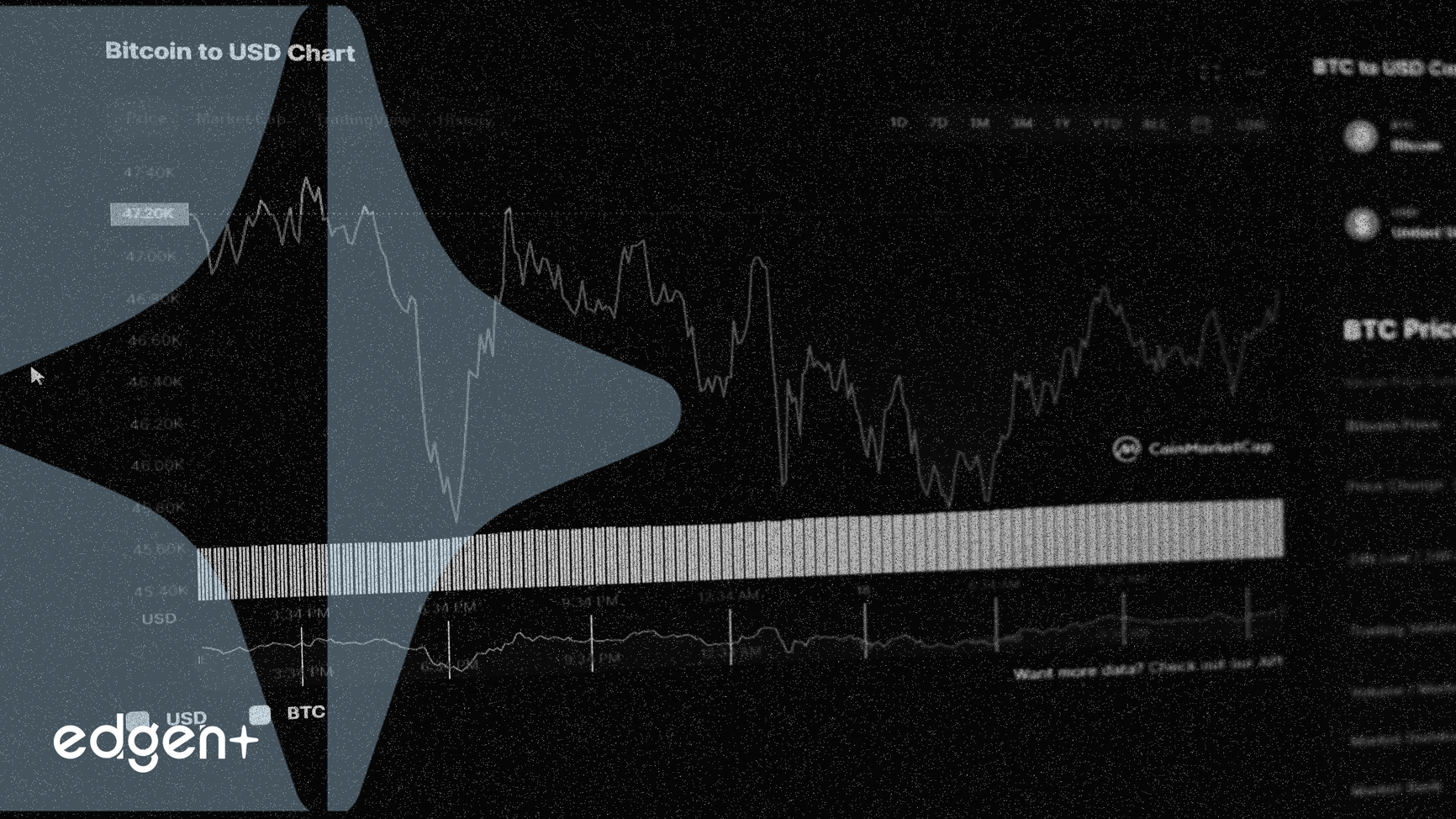PF-07248144 Enters Phase 3 for HR+ HER2- Breast Cancer
Pfizer Inc. (PFE) has announced the commencement of a Phase 3 clinical trial for its investigational drug PF-07248144, a KAT6 inhibitor, in patients with advanced or metastatic hormone receptor-positive (HR+), HER2-negative (HER2-) breast cancer. This progression represents a significant step forward for a molecule discovered through collaborative Australian research and subsequently licensed to Pfizer, underscoring the ongoing innovation in oncology.
The KATSIS-1 Trial Details and Scientific Mechanism
PF-07248144 is a selective catalytic inhibitor of KAT6 (KAT6A/B), enzymes belonging to the histone lysine acetyltransferase family involved in gene expression regulation. In specific cancers, dysregulation of KAT6A/B gene activity promotes uncontrolled cancer cell proliferation. By suppressing this abnormal gene activity, PF-07248144 aims to inhibit tumor growth. The drug's origin traces back to Australian research by Oncology One Pty Ltd (formerly CTxONE), which licensed the technology to Pfizer in 2018 in a deal valued up to US$475 million in development milestones, with additional royalties contingent on market success. Pfizer's pivotal KATSIS-1 trial (NCT 07062965), published on clinicaltrials.gov, is evaluating PF-07248144 in combination with fulvestrant. The study targets patients whose disease has progressed after prior CDK4/6 inhibitor therapy. With a projected enrollment of up to 400 subjects across multiple international sites, including Australian hospitals, the trial aims to validate the promising early anti-tumor activity observed in Phase 1 data, which showed a 37% objective response rate (ORR) with the 5mg dose plus Faslodex.
Market Implications and Broader Context
This advancement for PF-07248144 holds considerable implications for Pfizer and the broader biotechnology sector. Successful completion of Phase 3 and subsequent regulatory approval could enable Pfizer to enter a significant new market segment within breast cancer treatment, potentially establishing a new class of cancer drugs and positively impacting the company's revenue and stock performance. The move reflects Pfizer's aggressive strategy of accelerating promising candidates, having moved PF-07248144 directly from Phase 1 to Phase 3, a trajectory similar to its EZH2 inhibitor mevrometostat.
The development of KAT6 inhibitors signifies a growing focus on epigenetic therapies—a class of treatments designed to modulate gene expression without altering the underlying DNA sequence. The global epigenetic therapy market is estimated at $15 billion annually, highlighting the substantial commercial opportunity. While Pfizer progresses with PF-07248144, the competitive landscape is evolving, with other companies such as Olema Oncology developing rival KAT6 inhibitors like OP-3136, and other entities including Stemline Therapeutics, BeOne, Ideaya Biosciences, Shanghai Henlius, and Humanwell Healthcare actively engaged in the pipeline. This increasing industry interest suggests KAT6 as a critical precision oncology target. HR+ HER2- breast cancer is the most prevalent form, accounting for approximately 65% to 70% of all breast cancer cases, and remains a significant cause of mortality. Pfizer already has a strong presence in this area with its CDK4/6 inhibitor IBRANCE, and PF-07248144 could offer solutions for patients who have developed resistance to existing treatments, aiming for deeper and more durable responses.
Looking Ahead
The initiation of PF-07248144's Phase 3 trial sets the stage for a potentially transformative impact on metastatic breast cancer treatment. Investors and stakeholders will closely monitor the trial's progress and outcomes, which could solidify Pfizer's leadership in oncology and further validate the potential of epigenetic therapies. The anticipated growth in the KAT6 inhibitors market through 2040 underscores the long-term significance of this therapeutic class. Future considerations include the speed of enrollment, the emergence of head-to-head data against competitors, and the eventual market access strategies should the drug achieve regulatory approval. This development reinforces the ongoing drive to translate fundamental scientific discoveries into tangible patient benefits and lucrative market opportunities.
ソース:[1] Jointly discovered KAT6i molecule originating from Australian research has initiated Phase 3 in HR+ HER2- Breast Cancer with Pfizer Inc (https://finance.yahoo.com/news/jointly-discov ...)[2] KAT6 marks another phase 1-to-3 push from Pfizer | ApexOnco - Oncology Pipeline (https://vertexaisearch.cloud.google.com/groun ...)[3] Telomir Pharmaceuticals: Pioneering Epigenetic Therapies with a First-Mover Edge in Multi-Target Histone Demethylase Inhibition - AInvest (https://vertexaisearch.cloud.google.com/groun ...)



